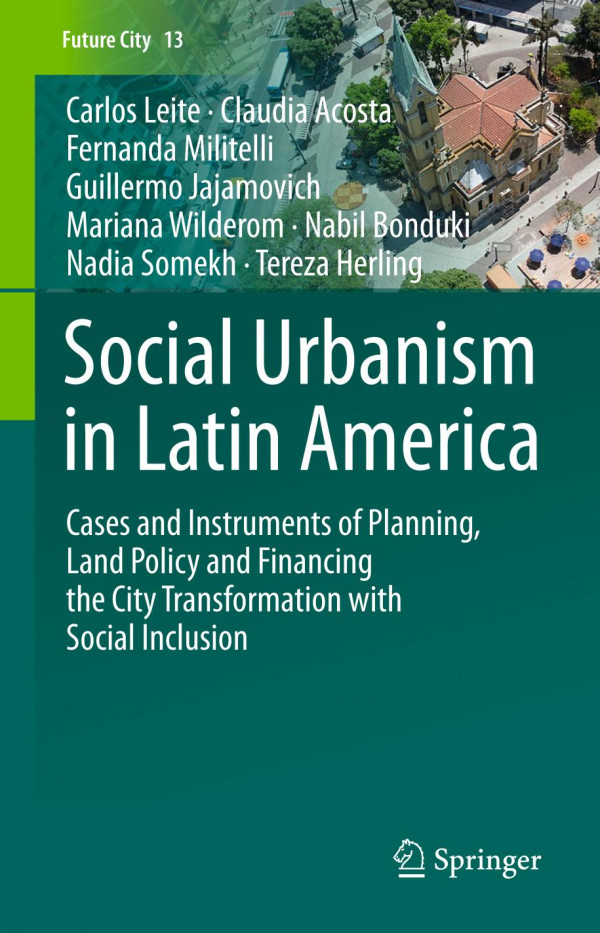

Most ebook files are in PDF format, so you can easily read them using various software such as Foxit Reader or directly on the Google Chrome browser.
Some ebook files are released by publishers in other formats such as .awz, .mobi, .epub, .fb2, etc. You may need to install specific software to read these formats on mobile/PC, such as Calibre.
Please read the tutorial at this link: https://ebookbell.com/faq
We offer FREE conversion to the popular formats you request; however, this may take some time. Therefore, right after payment, please email us, and we will try to provide the service as quickly as possible.
For some exceptional file formats or broken links (if any), please refrain from opening any disputes. Instead, email us first, and we will try to assist within a maximum of 6 hours.
EbookBell Team

4.4
12 reviewsThis book highlights current concepts of Social Urbanism, the contemporary set of multiple and interdisciplinary urban studies that have emerged mainly from the complex realities of Latin American cities. The discussion that follows places special emphasis on public land policy and the innovative urban instruments developed in that region to promote social and territorial inclusion.
Critical reflections throughout the pages of this book shed light into the local context of each case-study in order to understand their specific set of challenges and opportunities. Relevant lessons are extracted from the three cities here analyzed, the medium-scale city of Medellin, the large-scale city of Bogota, and the megacity of Sao Paulo, as well as from local innovative experiences in Argentina and Uruguay.
These cities underwent promising transformation processes over two decades, applying planning and financing instruments of land policy which have produced significant shifts in the urban development paradigm in the region. The quest for social inclusion has emerged as the common denominator in these cities, awakening growing interest across several fields of urban studies, from public policies and city management to urban law, city financing, urban development, and innovative community participation processes. The book brings implications on urban land policy for transition cities in the Global South.
The question of social inclusion in Global South cities is however far from being solved; the analysis presented in this book shows advances and hope, besides a long path still ahead, which can only be faced through a continuous and challenging incremental process. May this book be an incremental step.